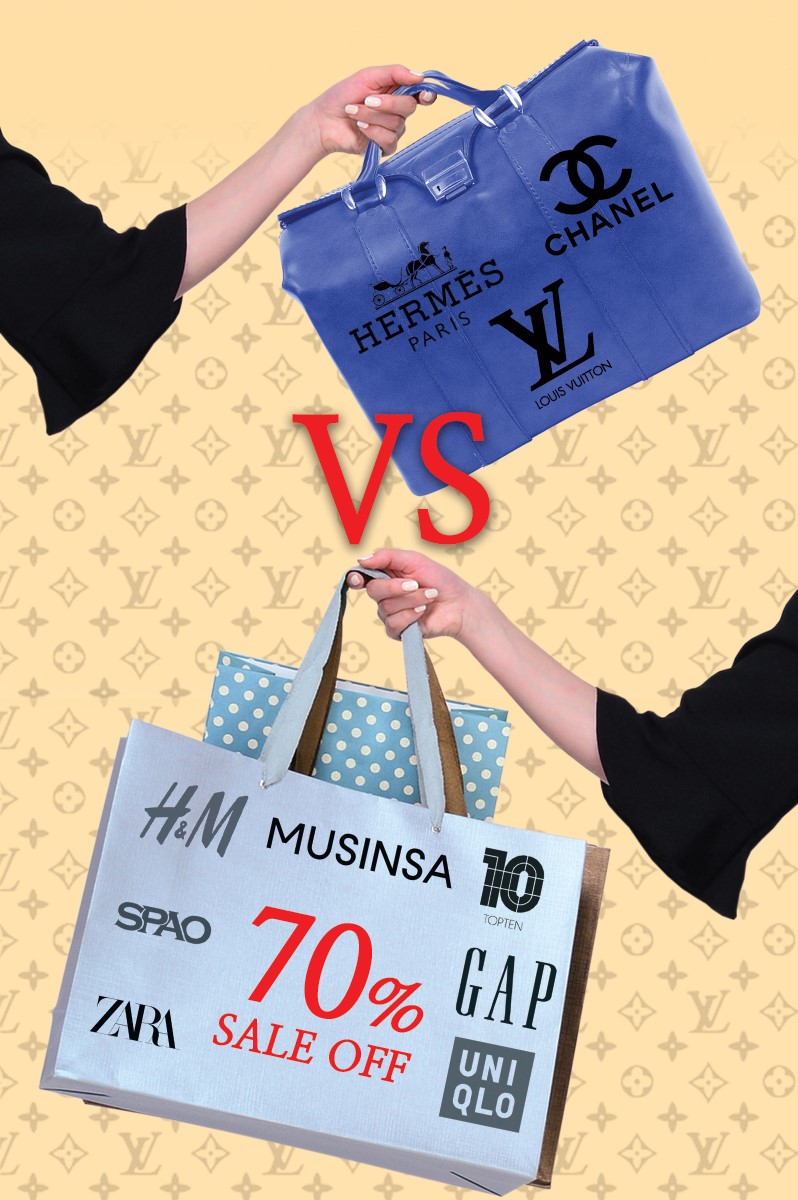Korea's E-commerce Boom: Insights and Strategies for 2024

In 2024, South Korea's e-commerce landscape stands at the forefront of digital innovation and consumer engagement. As a hub of technological advancement, the country's online shopping environment mirrors its cultural and technological dynamism. This article explores the multifaceted nature of South Korea's e-commerce market, highlighting the key trends and strategies shaping its current and future trajectory.
Technology and Inclusivity in Consumer Engagement
E-commerce in Korea is being revolutionized by technological advancements, particularly in payment systems. Companies like Kakao, Naver, Toss, and Samsung Electronics dominate the mobile payment market, simplifying and enhancing the online shopping experience. This innovation has widened the consumer base significantly, attracting not only tech-savvy youths but also older generations. In 2022, a survey revealed that 63.8% of households used credit cards for online payments, while 56.1% used mobile payments, a dramatic increase from 2016. The inclusivity in e-commerce is evident as 74.3% of respondents from various age groups reported engaging in e-commerce, with significant participation even from those in their 50s and 60s. This trend underscores a universal acceptance of e-commerce across all generations in Korea, challenging the notion that digital shopping is exclusive to the younger demographic.
Transformative Trends in Traditional Retail
The rise of e-commerce has prompted a significant transformation in traditional retail. Brick-and-mortar stores are adapting by offering immersive, experience-based shopping. This evolution is particularly noticeable in the growing popularity of pop-up and concept stores, which prioritize unique customer experiences over simple product display. These innovative retail formats have become avenues for brands to create a sense of exclusivity and urgency, thereby enhancing customer engagement. This shift reflects a broader trend in consumer preferences, where experiences are valued over mere material possessions. The luxury market in South Korea, in particular, has witnessed a substantial transformation, with consumers increasingly allocating their budgets towards products offering unique and enriching experiences. In this ‘new normal’ era, the luxury market in South Korea has seen continuous growth, positioning the country as a leading consumer of luxury goods globally.
Fashion E-commerce: A Growing Dominance
The fashion segment has emerged as one of the fastest-growing sectors within Korea's e-commerce market. This growth is driven by factors such as increasing disposable incomes, a growing desire for personalized fashion, and the rise of life-enriching consumption like leisure and cultural activities. The transaction value of fashion products through online stores was expected to reach around KRW 3.7 trillion in 2022. The convenience of online shopping, offering a broader range of options and easy access, coupled with the escalating trend of online advertising and surging urbanization, has significantly contributed to the growth of e-commerce in the fashion and apparel industries.
Competitive Dynamics and Market Evolution
The South Korean e-commerce market, characterized by its fragmentation, features major players like Coupang Corp., Naver Shopping, eBay Inc., Amazon.com Inc., and Emart. These players continually adopt innovative strategies, such as partnerships and mergers, to enhance their service offerings and gain a competitive edge. The market's growth is further fueled by the rising influence of social networking platforms and the adoption of mobile payments. Initiatives like Randers Day Fever by SSG.com, offering half-price discounts, and TMON's 'Qx Prime' exclusive hall based on fast delivery, exemplify the innovative approaches companies are taking to stay ahead in the market. Such strategies are not only enhancing the consumer experience but also shaping the competitive landscape of the South Korean e-commerce market.
Conclusion
In 2024, South Korea's e-commerce market represents a dynamic amalgamation of technology, consumer behavior, and market strategy. Its unique characteristics — technological innovation, inclusive consumer engagement, transformative retail trends, a growing fashion segment, and a competitive marketplace — make it a model for e-commerce globally. Understanding these facets is crucial for businesses and stakeholders aiming to navigate and succeed in this vibrant and evolving digital marketplace. As the market continues its upward trajectory, it remains a key indicator of broader e-commerce trends and consumer behaviors worldwide.
Pearson & Partners - Facilitating Smooth Market Entries into Korea. At Pearson & Partners, our focus is on making your entry into the Korean market as smooth and hassle-free as possible. We offer specialized services in visa acquisition and tax accounting, tailored to navigate the intricacies of Korean business regulations. Our expertise ensures that your business activities in Korea are both compliant and efficient. Contact us for a partnership that offers customized support, aligning perfectly with your unique business requirements and goals.
.png?width=1656&height=121&name=rsz_%EB%A1%9C%EA%B3%A0%ED%88%AC%EB%AA%85%20(8).png)

